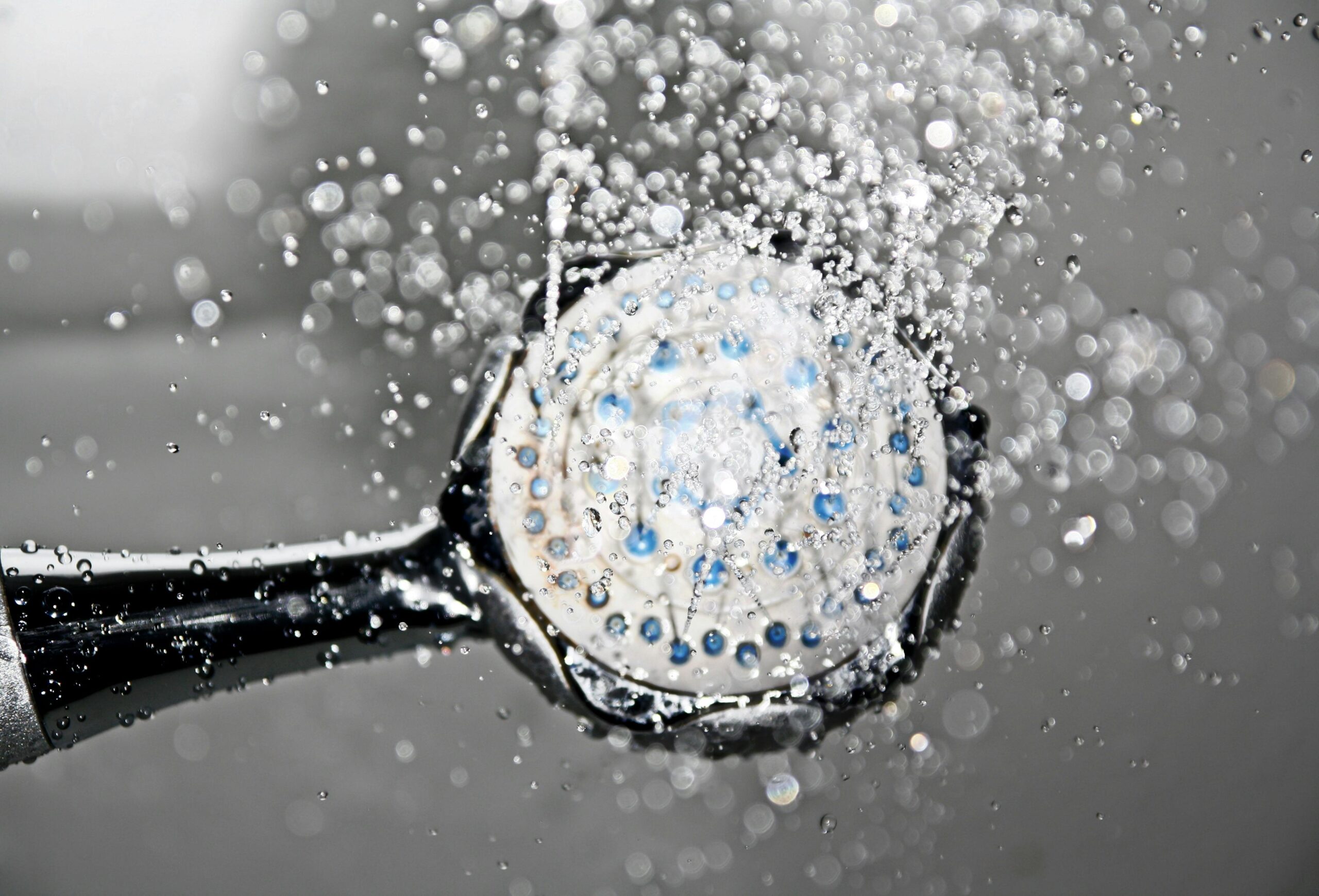Chill out by harnessing the transformative power of cold shower therapy for your mental health.
Cold shower therapy, also known as cold hydrotherapy or cold water immersion, involves exposing oneself to cold water for a certain duration. While it may seem daunting at first, there’s solid science backing its transformative effects, especially for individuals with ADHD and bipolar disorder.
Cold Shower Therapy
The Science Behind Cold Shower Therapy
1. Neurotransmitter Regulation
Cold water exposure triggers the release of neurotransmitters like noradrenaline (norepinephrine) and dopamine, which play essential roles in mood regulation and focus. In conditions like ADHD and bipolar disorder, imbalances in these neurotransmitters can lead to symptoms such as impulsivity, mood swings and difficulty concentrating. Cold shower therapy offers a natural way to modulate neurotransmitter levels, potentially alleviating these symptoms and promoting emotional stability and cognitive clarity.
2. Neuroplasticity Enhancement
Cold shower therapy has been found to enhance neuroplasticity, the brain’s remarkable ability to reorganize and form new neural connections. This process is crucial for learning, memory, emotional regulation and impulse control—areas that are often impaired in individuals with ADHD and bipolar disorder. By promoting neuroplasticity, cold showers may support improvements in cognitive function, emotional resilience and behavioral control, offering hope for those navigating these challenges.
3. Stress Reduction
While it may seem counterintuitive, cold water immersion activates the body’s stress response system, leading to the release of stress hormones like cortisol. However, regular exposure to cold water can help desensitize the body’s stress response over time. By gradually adapting to cold showers, individuals may experience decreased overall levels of stress and anxiety. This adaptation process teaches the body to better manage stressors, promoting resilience and emotional well-being.
4. Inflammation Reduction
Chronic inflammation in the brain is often associated with conditions like ADHD and bipolar disorder, contributing to symptoms and exacerbating underlying pathology. Cold water therapy has been shown to have anti-inflammatory effects, which may help alleviate symptoms and improve overall well-being. By reducing inflammation, cold showers offer a natural approach to managing these conditions, potentially complementing existing treatment strategies.
5. Mood Enhancement
Cold water immersion stimulates the release of endorphins, neurotransmitters known for their role in pain relief and mood regulation. The surge of endorphins during and after a cold shower can induce feelings of euphoria and increased overall well-being. For individuals with ADHD and bipolar disorder, who may experience mood-related symptoms such as depression and anxiety, cold shower therapy offers a natural and accessible way to uplift mood and promote emotional balance.
6. Energy Boost
Cold showers can provide a natural energy boost by activating the sympathetic nervous system, which is responsible for the body’s “fight or flight” response. This activation increases alertness and energy levels, making cold shower therapy particularly beneficial for individuals with ADHD, who may struggle with low energy and motivation. By invigorating the body and mind, cold showers can enhance focus, productivity and overall vitality, helping individuals seize the day with renewed vigor.
7. Sleep Quality Improvement
Regulating body temperature is essential for promoting relaxation and initiating sleep. Cold water immersion can help achieve this by cooling the body’s core temperature, a process that signals the brain that it’s time to rest. By incorporating cold showers into their bedtime routine, individuals with ADHD and bipolar disorder may experience improved sleep onset and overall sleep quality. The calming effects of cold water can soothe the nervous system, fostering a sense of relaxation and facilitating restful sleep.
Cold Shower Therapy
In summary, the science behind cold shower therapy suggests that it can have profound effects on neurotransmitter regulation, neuroplasticity enhancement, stress reduction, inflammation reduction, mood enhancement, energy levels and sleep quality improvement. By incorporating cold showers into their daily routine, individuals with ADHD and bipolar disorder may experience transformative benefits for their mental and emotional well-being.
Sources:
Books:
“The Cold Shower Cure: A Practical Guide to Overcoming Anxiety, Boosting Your Mood, and Improving Your Mental Health with Cold Water Therapy” by Hanif Sipai – Offers practical tips and insights into incorporating cold shower therapy into daily life for improved mental health.
“The Cold Therapy Handbook: How to Use Ice Baths and Cold Water Immersion to Enhance Recovery, Performance, and Longevity” by Jason Hagan – Provides a comprehensive guide to cold water immersion techniques and their potential benefits for physical and mental well-being.
“The Wim Hof Method: Activate Your Full Human Potential” by Wim Hof – Explores the principles of cold exposure, breathing techniques, and mindset training advocated by Wim Hof, also known as “The Iceman,” and their potential impact on health and wellness.
Websites:
Wim Hof Method Official Website: Offers information on cold exposure techniques, breathing exercises, and the science behind the Wim Hof Method. Website: https://www.wimhofmethod.com/
Cold Showers Reddit Community: A community-driven platform where individuals share their experiences, tips, and insights into cold shower therapy. Website: https://www.reddit.com/r/coldshowers/
Disclaimer: The information and/or products mentioned in these article are provided as information resources only and are not to be used or relied on to diagnose, treat, cure or prevent any disease. The statements made in this article have not been evaluated by the Food and Drug Administration. Any products mentioned are not intended to diagnose, treat, cure, or prevent any disease, but rather to be considered as an informational resource only to encourage critical thinking and personal research. The information in this article is intended for educational purposes only. The information is not intended to replace medical advice offered by licensed medical physicians. Please consult your doctor or health care practitioner for any and all medical advice.
Sign up for our weekly newsletter. it's free!

52 Weeks, 52 Topics! Get Our Latest ‘Stay Well’ Newsletter Every Monday And Start Your Week Off AllNaturWell. A New Tip, A New Study Revealed, A New Product Reviewed. Get It Right To Your Inbox Weekly. No Need To Wait. It’s Free!




